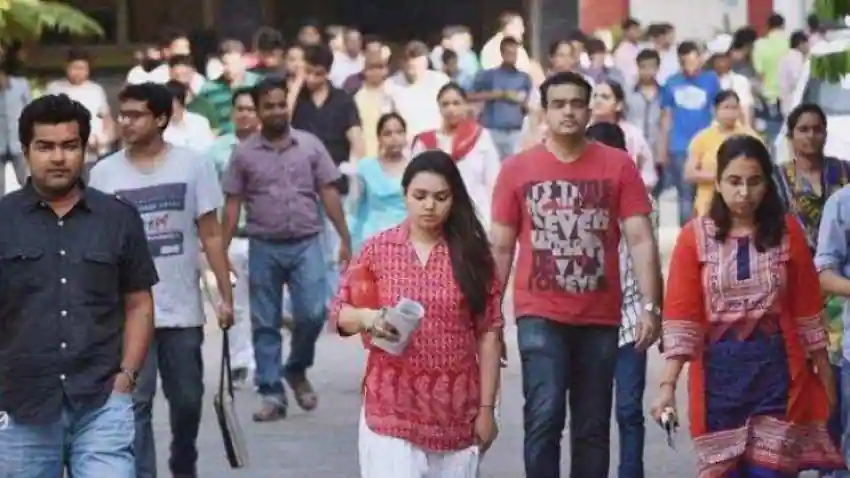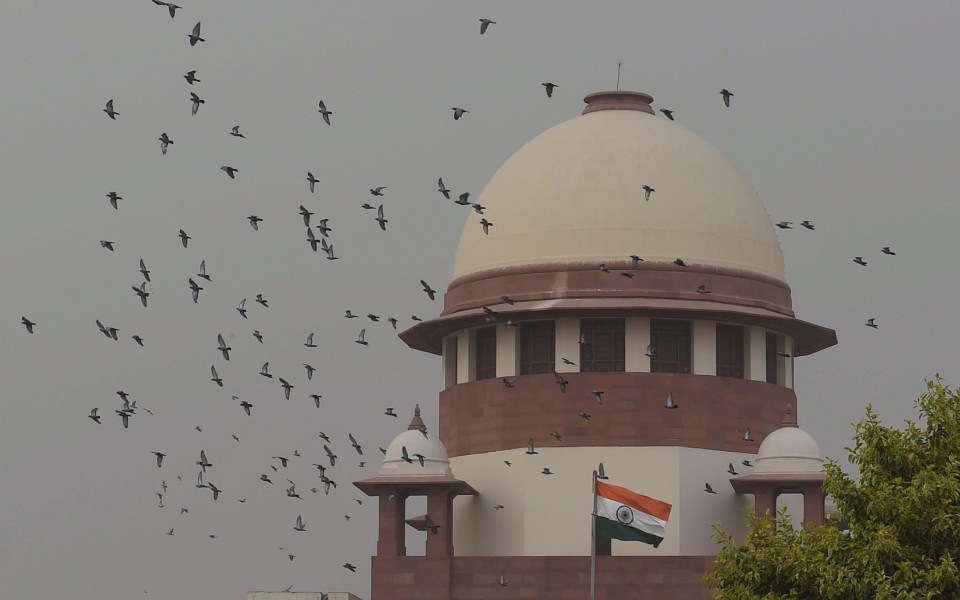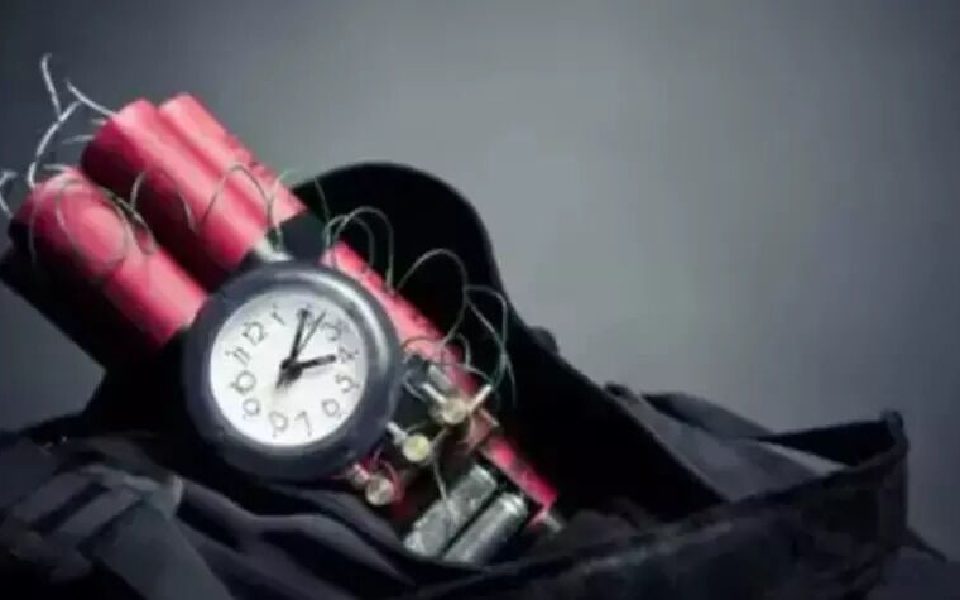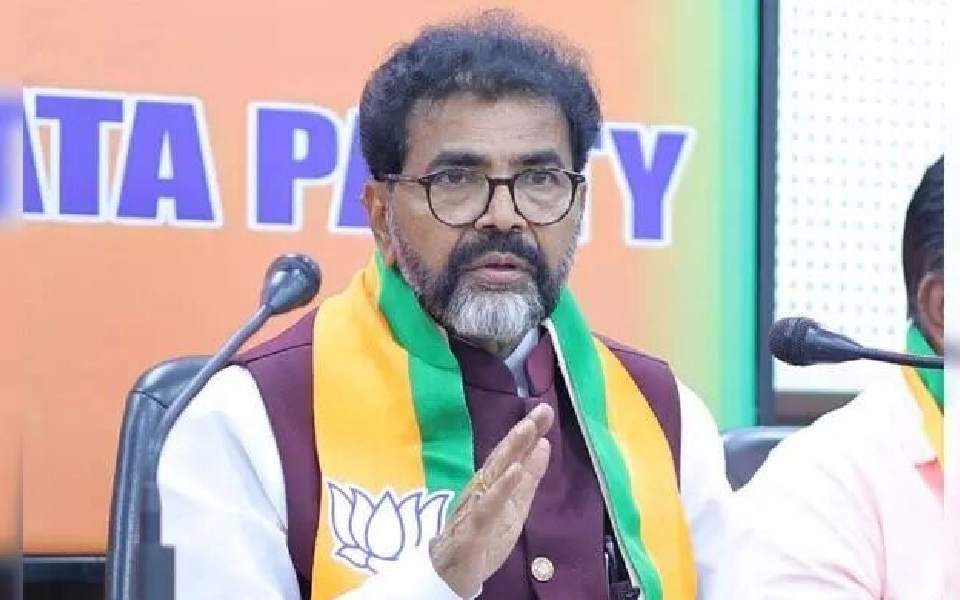London, Aug 10: India is ranked 122nd on a new Global Youth Development Index measuring the condition of young people across 181 countries, released by the Commonwealth Secretariat in London on Tuesday.
The triennial rankings of youth development found India among the top five risers on the index between 2010 and 2018, alongside Afghanistan and Russia, advancing their score on average by 15.74 per cent across areas such as education and employment.
"The top five risers from 2010 to 2018 were Afghanistan, India, Russia, Ethiopia and Burkina Faso, says the 2020 Global Youth Development Index'.
Singapore ranked topmost followed by Slovenia, Norway, Malta and Denmark. Chad, the Central African Republic, South Sudan, Afghanistan and Niger came last respectively.
"Young people are indispensable to delivering a future that is more just, inclusive, sustainable and resilient. By measuring their contributions and needs with hard data, our advocacy for their development becomes more powerful, and we are then able incrementally to increase the positive impact and benefits youth are able to add towards building a better future for us all, said Commonwealth Secretary-General Baroness Patricia Scotland.
"Our Youth Development Index is a vital tool which has already significantly enhanced our capacity to assess the extent to which youth are engaged to contribute beneficially in their societies, and empowered by enabling policies and tools," she said.
The index ranks countries between 0.00 (lowest) and 1.00 (highest) according to the developments in youth education, employment, health, equality and inclusion, peace and security, and political and civic participation. It looks at 27 indicators including literacy and voting to showcase the state of the world's 1.8 billion people between the age of 15 and 29.
"While the data used to compile the index was gathered before the COVID-19 pandemic, the findings indicate where progress was being achieved and where it was not, and that urgent action is now needed so that pre-pandemic gains are not lost but sustained and developed further, more broadly and more inclusively, added Baroness Scotland.
The 2020 Global Youth Development Index reveals that the conditions of young people have improved around the world by 3.1 per cent between 2010 and 2018. Overall, the index shows advances in youth's participation in peace processes and their education, employment, inclusion and health care since 2010.
Health made the largest gains of 4.39 per cent driven by a 1.6 per cent decline in global youth mortality rates and a 2 per cent drop in HIV, self-harm, alcohol abuse and tobacco use. Sub-Saharan Africa made the greatest strides in improving the health of young people.
Levels of underemployed youth and those not in school, training or work remained constant. Advances in equality and inclusion are led by improved gender parity in literacy as well as fewer child marriage cases and pregnancies in girls under 20. Yet, the index found no progress occurred in women's safety.
The global education score increased by 3 per cent, with South Asia making the largest improvement of 16 per cent. Peace and security improved by 3.41 per cent, resulting from fewer young people dying from direct violence. Somalia recorded the largest gains in the peace and security of young people, followed by Colombia, Sri Lanka, Eritrea and Russia.
The index, which draws on multiple data sources, was to be released at the now-postponed Commonwealth Heads of Government Meeting (CHOGM) in 2020. However, with CHOGM being postponed again until 2022, it was decided to release the index this year.
Let the Truth be known. If you read VB and like VB, please be a VB Supporter and Help us deliver the Truth to one and all.
New Delhi, October 18, 2024: The Supreme Court on Friday ruled that child betrothals—a tactic often used to evade the Prohibition of Child Marriage Act (PCMA)—violate fundamental rights, including freedom of choice, autonomy, and the right to childhood.
A three-judge Bench led by Chief Justice of India D.Y. Chandrachud, along with Justices J.B. Pardiwala and Manoj Misra, emphasized that the anti-child marriage law was unclear on child betrothals. The Court urged Parliament to outlaw the practice and categorize children whose marriages are arranged as “minors in need of care and protection” under the Juvenile Justice Act.
The judgment noted that despite international frameworks like the 1977 Convention on the Elimination of All Forms of Discrimination against Women (CEDAW), India has not fully addressed the issue of child betrothals. Under the PCMA, girls under 18 and boys below 21 are considered children, and child marriage is both a crime and a social evil.
Chief Justice Chandrachud pointed out that confusion persists regarding the intersection of personal laws and the PCMA. The Court acknowledged that the government had submitted a “note” suggesting that the PCMA should take precedence over personal laws, citing conflicting High Court judgments. However, the note was not backed by formal documentation, and the matter remains unresolved, with an Amendment Bill introduced in December 2021 still pending in Parliament.
The Court also broke new ground by addressing the impact of child marriage on boys. The judgment highlighted how patriarchal expectations, misinformation, and peer pressure push boys into committing violence against their child brides. “While girls are disproportionately affected, the right to childhood belongs to all genders,” Chief Justice Chandrachud observed.
“The intent of POCSO is to protect children from sexual harm, while child marriage institutionalizes sexual abuse by subjecting minor girls to exploitation,” the CJI stated. He further noted that child marriage reduces children to objects, imposing burdens such as compulsory heterosexuality and reproductive expectations, which deny them the freedom to explore their sexuality and personal choices.
The Court issued several guidelines, including:
• Introducing culturally appropriate sexuality education in schools.
• Launching a ‘Child Marriage Free Village’ campaign, similar to the ‘Open Defecation Free Village’ initiative, with the involvement of community leaders.
• Establishing an online portal under the Home Ministry for reporting child marriages.
• Creating a compensation scheme under the Ministry of Women and Child Development for girls who opt out of child marriages.
• Allocating an annual budget to prevent child marriages and support those affected by the practice.
The verdict was delivered in response to petitions by NGOs, including the Society for Enlightenment and Voluntary Action, which raised concerns about the persistence of child marriages despite nearly two decades of the PCMA. The Court warned that child marriage poses a direct threat to laws like the Protection of Children from Sexual Offences (POCSO) Act.





